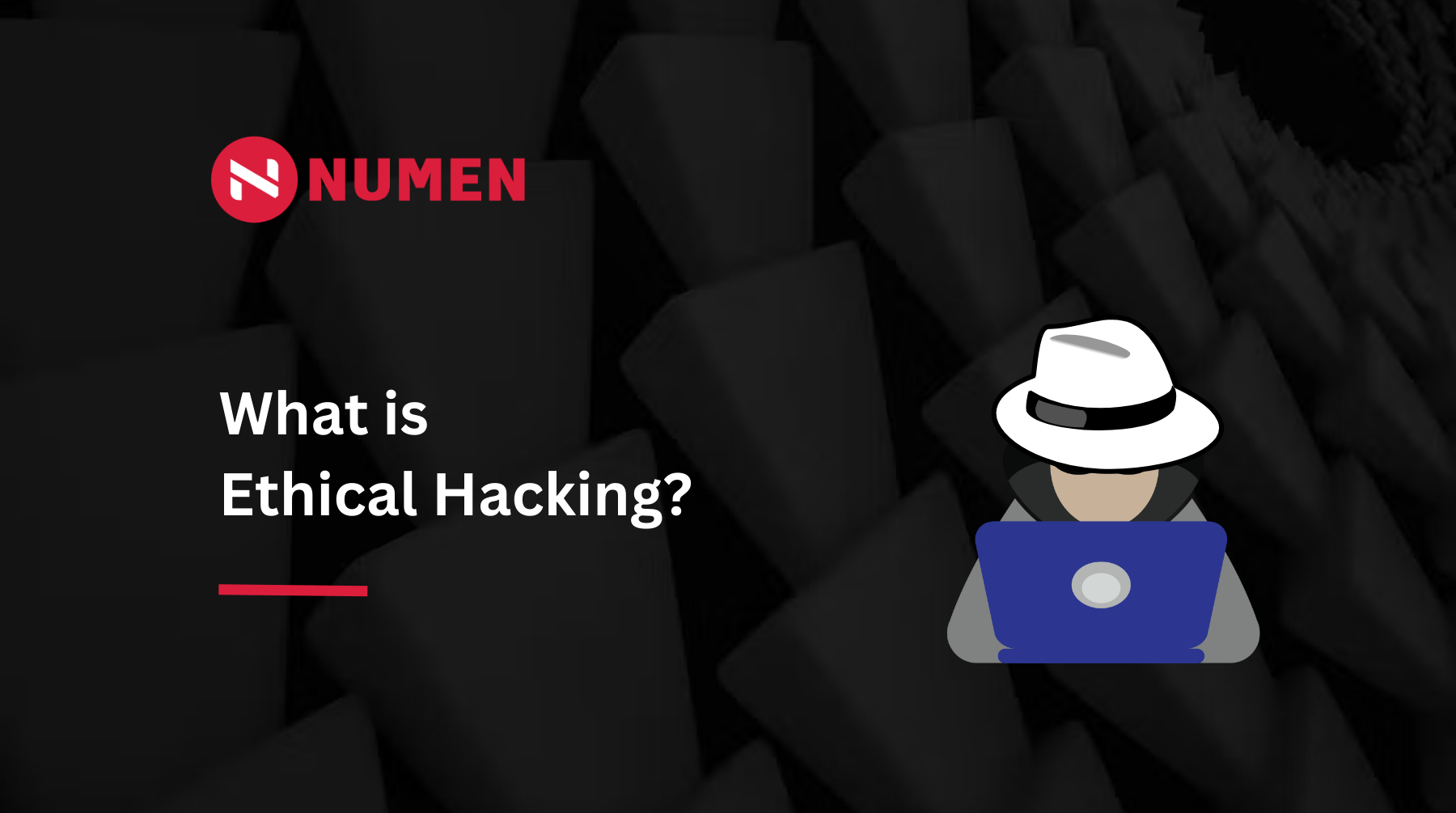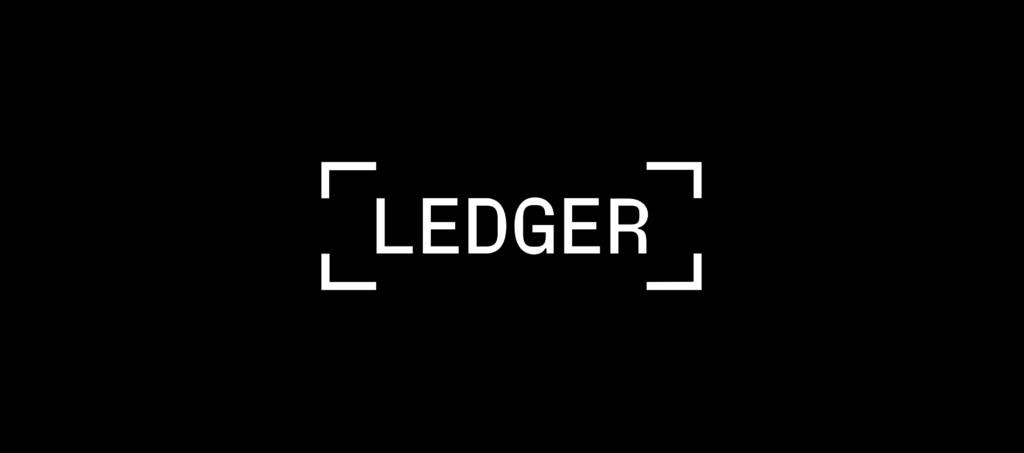
Ethical hacking is the practice of testing computer systems and networks to identify vulnerabilities and potential security threats in order to improve the overall security posture of an organization. Ethical hackers, known as White Hats, use the same techniques and tools as malicious hackers, known as Black Hats, but with the explicit permission of the system owner.
Their goal is to identify and report vulnerabilities so that they can be fixed before they can be exploited by attackers. Ethical hacking is an important component of cybersecurity, and it helps organizations protect their valuable data and assets from cyber threats. Ethical hacking is also known as penetration testing or pen testing.
White Hat Hacker vs Black Hat Hacker
White hat and black hat hackers are two sides of the same coin. They possess similar knowledge and skillset, utilising similar tools and methodology. Their greatest difference, however, lies in their motives and goals. White hat hackers are motivated to identify vulnerabilities and weaknesses in networks and computer systems in order to help organizations improve their security by reporting their discovered vulnerabilities. They are bound by ethical guidelines and have explicit permission of the system owner to conduct their attacks.
Conversely, black hat hackers are motivated to exploit such discovered vulnerabilities for personal gains or financial profit. They utilise their skills to steal sensitive information, disrupt services or demand ransom. These actions are illegal as black hats do not obtain permission from the system owners. These can have severe ramifications and may even have life-or-death consequences, such as the ransomware attack against an Alabama hospital in 2019.
Although both parties make use of offensive skills to discover vulnerabilities, white hats are doing this for defensive purposes while black hats do it for offensive purposes. The white hats operate within the law and adhere to strict ethical codes, while black hats operate outside the law and are not bound by any ethical guidelines.
It is important to note that not all hackers fit neatly into these two categories, and there are many shades of grey between them. Some hackers may start out as white hat hackers, but then cross over to the black hat side when they find that they can make more money or gain more recognition by using their skills for malicious purposes. Similarly, some black hat hackers may turn into white hat hackers when they realize the harm that their actions can cause and the benefits of using their skills for good.
Types of Ethical Hacking
Network Infrastructure Hacking
Network hacking involves identifying vulnerabilities in computer networks, such as firewalls, routers, and switches, and then exploiting these vulnerabilities to gain unauthorized access or perform malicious activities.
Web Application Hacking
Web application hacking involves identifying vulnerabilities in web applications, such as websites, web portals, and online tools, and then exploiting these vulnerabilities to gain unauthorized access or perform malicious activities.
Wireless Network Hacking
Wireless network hacking involves identifying vulnerabilities in wireless networks, such as Wi-Fi networks, and then exploiting these vulnerabilities to gain unauthorized access or perform malicious activities.
Social Engineering
Social engineering involves manipulating people to reveal sensitive information or perform certain actions, such as clicking on a malicious link or downloading a malware-infected file. This is the most common form of hacking technique in the real world, and organisations are particularly susceptible to it.
Skills and Certifications Required for Ethical Hackers
Ethical hacking is a complex and technical field that requires a wide range of skills and certifications. In order to become an ethical hacker, one must possess a solid foundation in computer science, networking, and cyber security, as well as an aptitude for problem-solving and critical thinking.
Some of the key skills required for ethical hackers include:
- Knowledge of computer systems and networks: Ethical hackers must have a deep understanding of computer systems and networks, including hardware, software, and protocols.
- Understanding of cyber security principles: Ethical hackers must be familiar with the principles of cyber security, such as confidentiality, integrity, and availability, as well as the tools and techniques used to protect digital assets.
- Ability to use hacking tools and techniques: Ethical hackers must be proficient in the use of hacking tools and techniques, such as scanners, exploit frameworks, and password cracking tools.
- Knowledge of programming languages: Ethical hackers must have a strong knowledge of programming languages, such as Python, JavaScript, and C, in order to understand and write scripts, and automate tasks.
- Communication skills: Ethical hackers must be able to communicate effectively with system owners and administrators, as well as other members of the cyber security team.
In addition to these skills, usually ethical hackers possess relevant certifications, such as:
- OffSec Certified Professional (OSCP): The OSCP certification is a hands-on certification that demonstrates the ability to identify and exploit vulnerabilities in computer systems and networks. Many organizations look for OSCP-certified professionals when hiring for cybersecurity roles.
- CREST Registered Penetration Tester (CRT): The CRT certification is a practical assessment where the candidate will be expected to find known vulnerabilities across common network, application, and database technologies and a multiple-choice section aimed at assessing the candidates’ technical knowledge
- GIAC Exploit Researcher and Advanced Penetration Tester (GXPN): While not a strict requirement, the GXPN certification is one of the most advanced ethical hacking certifications. It combines 54 questions of theory with 6 hands-on questions to validate a practitioner’s ability to conduct penetration tests across a wide scope.
Importance of Ethical Hacking
First, ethical hacking can help identify vulnerabilities and weaknesses in computer systems and networks before they can be exploited by malicious actors. By proactively identifying and addressing these vulnerabilities, organizations and individuals can prevent data breaches, financial losses, and other harmful consequences.
Second, ethical hacking can help improve the overall security posture of an organization or individual. By identifying and addressing vulnerabilities, ethical hackers can help strengthen the defences of computer systems and networks, making them more resilient to cyber-attacks.
Third, ethical hacking can help ensure compliance with legal and regulatory requirements. Many industries, such as healthcare and finance, are subject to strict data protection regulations, and ethical hacking can help ensure that these organizations are meeting their legal obligations and avoiding costly fines and legal action.
If you are an organization or individual looking to improve your cyber security posture and protect your digital assets from malicious actors, consider getting in touch with us for penetration testing and ethical hacker services. Our team of skilled and experienced professionals can help identify and address vulnerabilities in your computer systems and networks, and provide recommendations for improving your overall security posture.
Frequently Asked Questions (FAQ)
Yes, ethical hacking is legal as long as it is conducted with the permission and knowledge of the system owners or administrators. Unethical hacking, on the other hand, is illegal and can result in severe legal consequences.
While anyone can learn the skills and knowledge required for ethical hacking, it is a complex and technical field that requires a significant investment of time and effort. In addition, ethical hackers must possess a strong sense of ethics and responsibility, as well as the ability to work independently and as part of a team.
The salary of an ethical hacker varies depending on factors such as location, experience, and industry. According to Glassdoor, the average salary for an ethical hacker in the United States is upwards of $100,000 per year.
No, ethical hackers can only identify and test vulnerabilities that they are able to detect. There may be vulnerabilities or new types of cyber-attacks that have yet to be discovered by both the black hats and security researchers.
Ethical hacking and penetration testing are two terms that are often used interchangeably, but there is a subtle difference between them. Ethical hacking is a broader term that encompasses all activities aimed at identifying vulnerabilities in computer systems and networks, or even people. Penetration testing, on the other hand, is a specific type of ethical hacking that involves simulating a cyber-attack to test the effectiveness of existing security measures.


